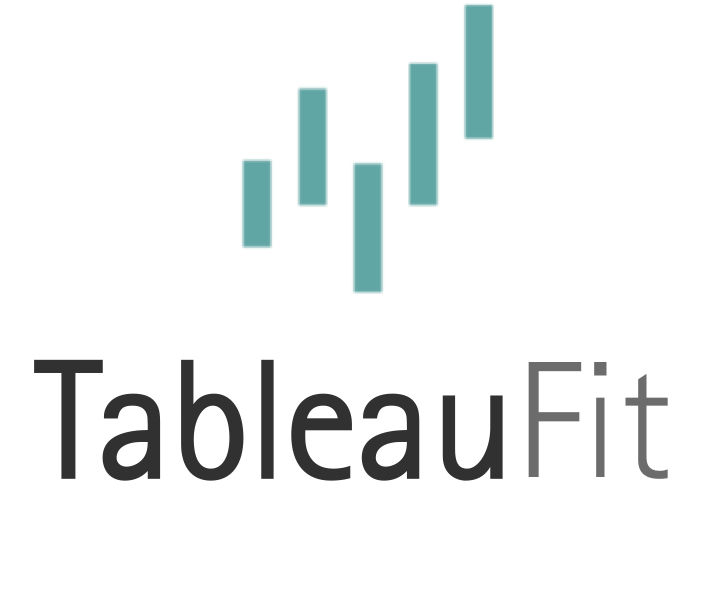The Life of a Practice Profession
I say these 2 words a lot and usually people stare at me. They’re odd words, but we’ve also done a lot in recent years to obscure them. I studied interpreting where I was forced to write papers on topics on all kinds of things. Like everyone else, I grumbled about it at the time. Until, I had to train interpreters…
A practice profession is usually recognized by this checklist:
- A Code of Ethics
- Governing body
- Continuing education
- Knowledge that is learned from advanced education and experience
- Experience/expertise not easily shared by others outside the profession
- Theoretical knowledge that continuously changes due to new findings
- The “customer” is not always right and they’re usually called clients.
Doctors have a profession. So do lawyers. And interpreters do too. While we may question their knowledge at times, for the most part, we defer to them. We expect them to be in the know on things.
Yet, in the last 20 years, we’ve made it harder to recognize practice professionals. Numerous companies have given their employees a “Code of Ethics”. They often call their workers “professionals”. This is not the same thing. (Sorry.)
In (American) healthcare, we’ve encouraged patients to take more ownership of their healthcare and to be a part of the decision-making process (it may be this way elsewhere – I don’t know). While the patient knows their wants, there is a huge gap in knowledge around various topics, including hospice, palliative care, extreme measures, treatment and success rates. Few patients have the health literacy to navigate (American) healthcare. As an interpreter, I received special training to help understand context around these topics. Others attempt to use YouTube to educate around topics that should be accessible:
The unofficial checklist for practice professions may also look like this:
- marked by extensive controversy within the field that seems petty to outsiders (do you care if interpreters intervene and when? I do!)
- constantly answering questions with “it depends” or “given the context”
- unable to answer simple questions – questions that should be easy lead to a near-dissertation in answers
- opinions are strong about very strange things (why all the pie hate? I thought pies were tasty…)
- hard fast rules must be questioned at every turn or are used as ending points to conversations (see first bullet)
- no one agrees and, given a cohort analysis, time of entry may be a factor to this disagreement
- you have the potential to do good or evil to one or more people in a significant way (more than just phlegm in food)
- odd sticking points that seem appalling to others (why did that interpreter decline to provide services saying it would do more harm???)
Starting to sound a little more familiar? It might if you work with data. But there is no governing body or requirements around continuing education or ethics!

Oh the tangled web we weave…
So let’s look at this a bit more.
Evolving practice professions usually stem from another professional or para-professional role. The rabbit hole keeps getting deeper, right? Actuaries DO have a Code of Conduct and responsible governing bodies. Statisticians in various places do as well. These professions require a bunch of knowledge and sometimes “best practices” change, so continuing education is helpful. Individuals have different exposures and may do things differently despite doing the same job.
Technology complicates this. Often professions develop under the banner of a particular software, never fully merging with other like-minded individuals doing the same work. It limits the evolution into a profession. Not because what’s at stake is smaller (anyone who has ever had their identity or bank account information stolen can attest to this), but because…we haven’t kept up. We’ve not had the time to formalize. And that extends down our name. Given the pace that work changes, it becomes harder to formalize because things branch off so rapidly. Am I an analyst, developer, data scientist, or something else? (If you know, I have a bag of M&Ms for you.)
Without a name, we fail to unify. We define ourselves differently and focus on the things that make our work different versus the same. He’s a data artist, she’s a developer, despite using the same tools. We sometimes limit ourselves to discussions in the same tool, limiting what would become a formal (professional) construct to a tool-specific paradigm. Experts sometimes blog under the guise of the tool and miss credit for what ultimately becomes a wider trend.
We also run into the abuse of names. Specialists used to be well-sought after people, because they, well, specialized in something. Then specialists became anyone, including new hires in retail (this defies the very definition of specialist – “generalist” works though.) I’ve worked places where “Project Manager” was the term du jour for anyone who did anything administrative. My personal favorite? “Analyst.” Use this for anyone who touches Excel for the better part of 2 seconds.

Or my favorite:

When words lose their specificity, we make new words. English is a rich fountain of endless word compounds, so you end up with terms like “Tableau Developer” and “Business Systems Analyst”. For some people, I’m sure these terms make sense. I’ve held both of these as titles and have yet to decipher either. So, for now, I use Tableau or am a Tableau consultant. It still doesn’t give any insight into my day. It also doesn’t help me connect with like minded professionals who – gasp – may do similar work with a different tool. I’ve heard they exist.
So how do we unify? Is there a name we can all share? I don’t know, but I got M&Ms for someone who does. Then, maybe then, we can band together and not have to fight chart battles alone (or not…).
Truly yours with pies in my eyes and a pile of yarn,
This confused analyst



